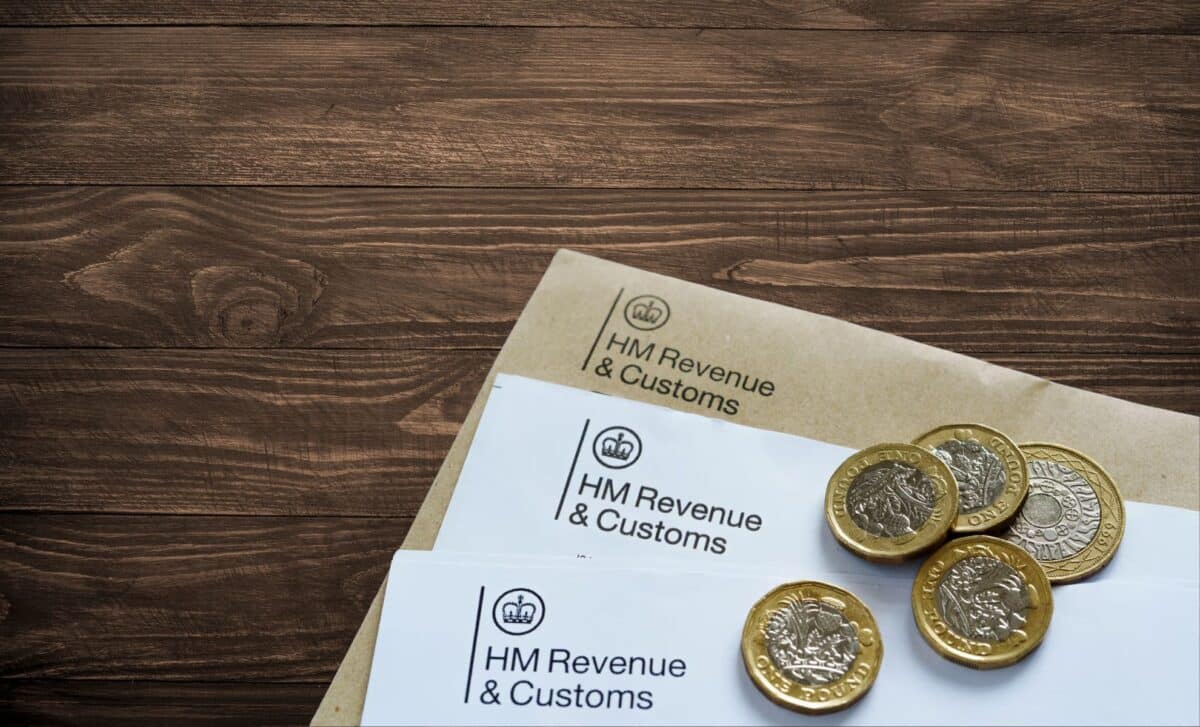HMRC has issued a warning that those with £3,500 or more in savings could face unexpected tax bills. As part of its automatic tax reporting process, HMRC can detect interest on savings generated by bank accounts. If the interest surpasses a certain threshold, individuals may receive a notice for an additional tax payment. This issue, which is tied to the Personal Savings Allowance (PSA), means that many people with savings could be in for a surprise tax bill. As The Express reports, this development is causing widespread concern, especially among savers who weren’t expecting to be taxed on their interest earnings.
What Are the Key Changes?
The Personal Savings Allowance (PSA) allows individuals to earn up to £1,000 in savings interest without paying tax, as long as they earn less than £50,270 a year. For higher earners, this allowance is reduced to £500 for those making between £50,270 and £125,000. If someone makes over £125,000, they lose the PSA altogether. The issue arises when savers earn more interest than their personal allowance and are then taxed on any interest above that amount. As HMRC explains, “If you go over your allowance, you pay tax on any interest over your allowance at your usual rate of income tax.”
HMRC continues, “If you’re employed or get a pension, HMRC will change your tax code so you pay the tax automatically. To decide your tax code, HMRC will estimate how much interest you’ll get in the current year by looking at how much you got the previous year.” This means many individuals could face higher tax liabilities than expected, especially if their savings generate significant interest.
Why £3,500 Could Trigger a Tax Bill
Even with just £3,500 in a fixed savings account at a 5% interest rate, over a few years, savers could quickly exceed their PSA. For example, placing £3,500 into a fixed savings account for three years at 5% would generate over £500 in interest. Since fixed savings accounts pay out the interest all at once at the end of the term, it would count as a single year’s worth of interest, potentially putting you over the PSA limit, especially if you’re earning over £50,270. If you go over the allowance, you could pay 40% tax on the amount exceeding £500.
For example, £100 over the limit would mean paying £40 in tax, further increasing financial strain for higher earners. If you have larger amounts saved in accounts, like £11,000 at 5% for one year, you would earn over £500 in interest, pushing you over the £500 allowance and incurring a tax bill. **Savers with £21,000 could see their tax obligations increase drastically, as they would generate £1,050 in interest, far exceeding the £1,000 allowance for those earning under £50,270.









